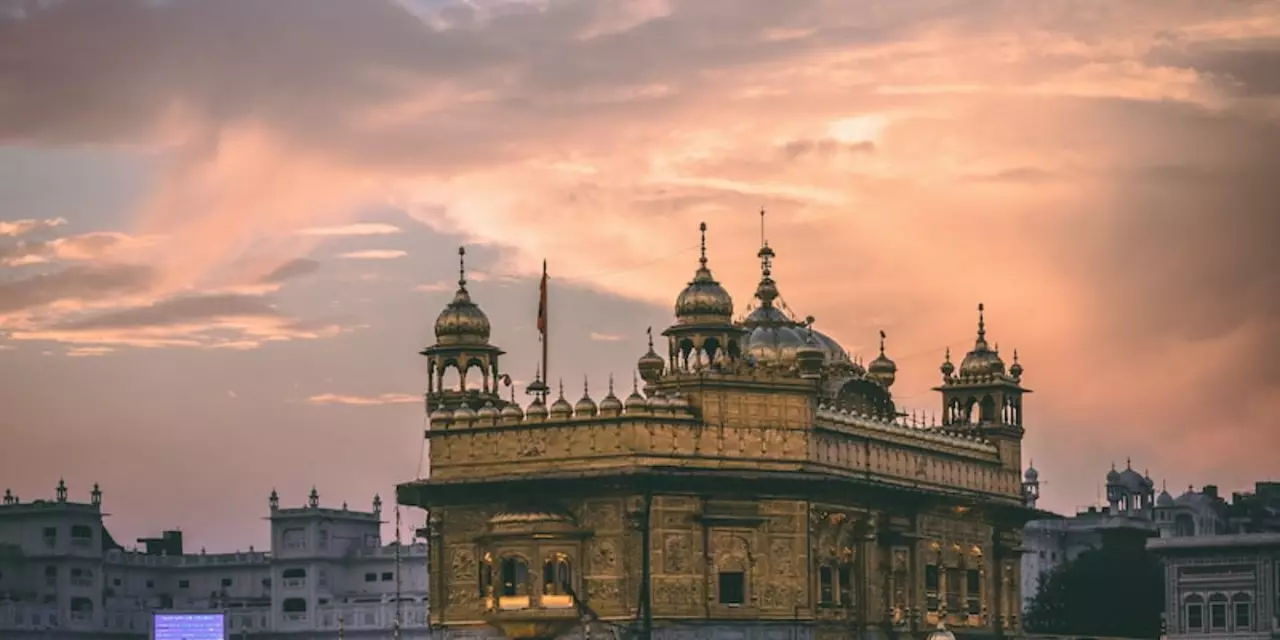Hate: What It Is, Why It Happens, and How to Cool It Down
We all feel strong dislike now and then, but hate is a step beyond ordinary irritation. It’s a heavy, lingering feeling that can mess with our thoughts, actions, and relationships. Understanding what fuels hate helps us stop it before it spreads.
Why Hate Happens
First off, hate often grows from fear. When we don’t understand someone’s culture, belief, or background, our brain fills the gaps with assumptions. Those assumptions turn into stereotypes, and stereotypes can quickly become resentment.
Second, personal hurt plays a big role. If someone feels rejected or wronged, they may project that pain onto a whole group instead of just the person who caused it. This misdirected anger fuels collective hate.
Third, social media amplifies hate. A single angry comment can be shared thousands of times, making the feeling look normal or even popular. The louder the echo, the more people think it’s okay to be hateful.
What Hate Does to Us
On a personal level, hate drains energy. It keeps the mind stuck on negative thoughts, making it harder to focus on work, study, or hobbies. Stress levels rise, and health can suffer.
In communities, hate builds walls. It creates “us vs. them” mentalities, which can lead to discrimination, bullying, or even violence. The ripple effect harms everyone, not just the target.
Even the economy feels the pinch. When hate leads to boycotts or protests, businesses lose customers, jobs disappear, and growth stalls. Nobody wins.
But there’s good news: hate isn’t permanent. It can be unlearned, just like any other habit.
Ways to Reduce Hate
Start with curiosity. Ask questions instead of judging. A quick chat with someone from a different background often shatters myths.
Practice empathy. Imagine walking in the other person’s shoes. Even a simple mental exercise can soften harsh feelings.
Limit exposure to extreme content. If a social feed constantly pushes angry posts, take a break. Replace it with positive stories or neutral news.
Engage in shared activities. Sports, cooking classes, or community projects bring people together over common goals, not differences.
Finally, speak up when you spot hate. Call out hateful jokes, share facts, or support the person being targeted. Small actions add up.
Hate may feel powerful, but it’s just a feeling that can change. By recognizing its roots, seeing its damage, and taking simple steps, we can turn the heat down and make space for understanding.
